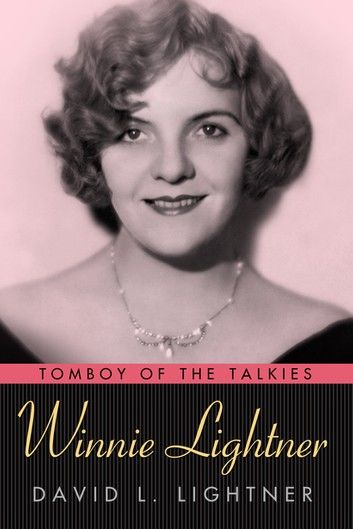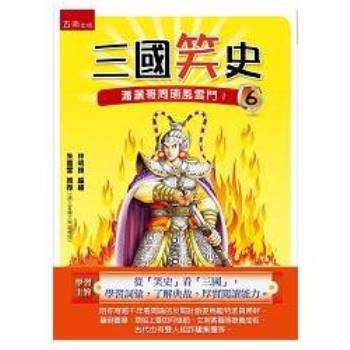| FindBook |
有 1 項符合
Winnie Lightner的圖書 |
 |
Winnie Lightner 作者:David L. Lightner 出版社:University Press of Mississippi 出版日期:2016-12-14 語言:英文 |
| 圖書館借閱 |
| 國家圖書館 | 全國圖書書目資訊網 | 國立公共資訊圖書館 | 電子書服務平台 | MetaCat 跨館整合查詢 |
| 臺北市立圖書館 | 新北市立圖書館 | 基隆市公共圖書館 | 桃園市立圖書館 | 新竹縣公共圖書館 |
| 苗栗縣立圖書館 | 臺中市立圖書館 | 彰化縣公共圖書館 | 南投縣文化局 | 雲林縣公共圖書館 |
| 嘉義縣圖書館 | 臺南市立圖書館 | 高雄市立圖書館 | 屏東縣公共圖書館 | 宜蘭縣公共圖書館 |
| 花蓮縣文化局 | 臺東縣文化處 |
|
|
Winnie Lightner (1899-1971) stood out as the first great female comedian of the talkies. Blessed with a superb singing voice and a gift for making wisecracks and rubber faces, she rose to stardom in vaudeville and on Broadway. Then, at the dawn of the sound era, she became the first person in motion picture history to have her spoken words, the lyrics to a song, censored.
In Winnie Lightner: Tomboy of the Talkies, David L. Lightner shows how Winnie Lightner's hilarious performance in the 1929 musical comedy Gold Diggers of Broadway made her an overnight sensation. She went on to star in seven other Warner Bros. features. In the best of them, she was the comic epitome of a strident feminist, dominating men and gleefully spurning conventional gender norms and moral values. So tough was she, the studio billed her as "the tomboy of the talkies."
When the Great Depression rendered moviegoers hostile toward feminism, Warner Bros. tried to craft a new image of her as glamorous and sexy. Executives assigned her contradictory roles in which she was empowered in the workplace but submissive to her male partner at home. The new persona flopped at the box office, and Lightner's stardom ended. In four final movies, she played supporting roles as the loudmouthed roommate and best friend of actresses Loretta Young, Joan Crawford, and Mona Barrie.
Following her retirement in 1934, Lightner faded into obscurity. Many of her films were damaged or even lost entirely. At long last, this biography gives Winnie Lightner the recognition she deserves as a notable figure in film history, in women's history, and in the history of show business.
|











